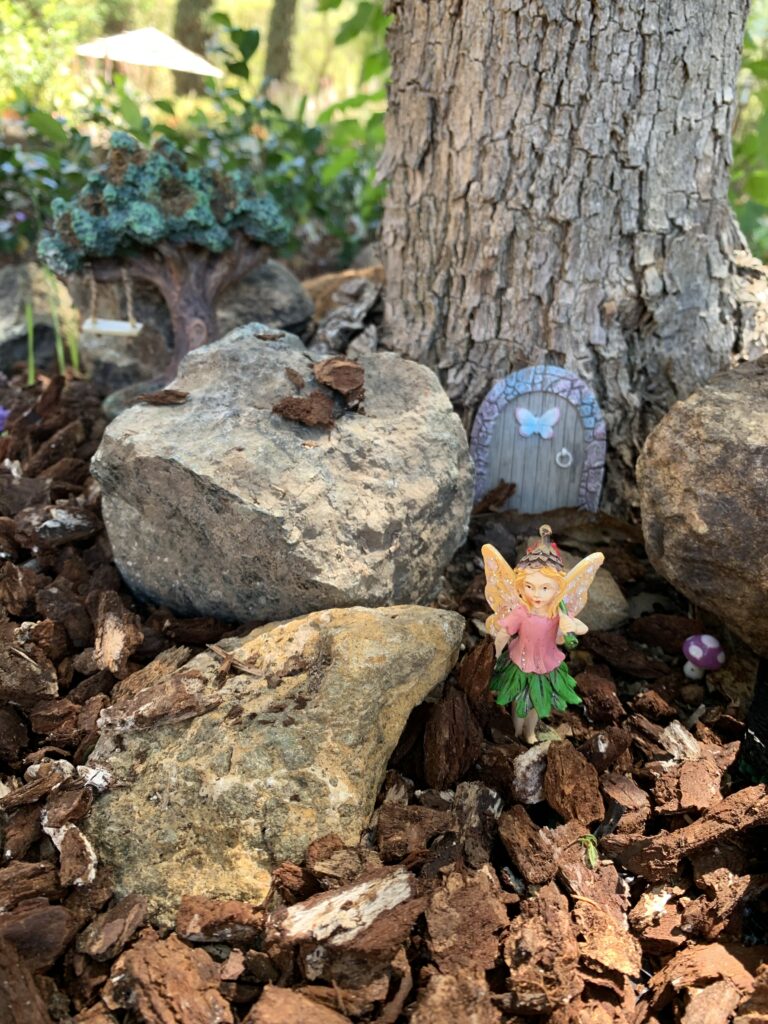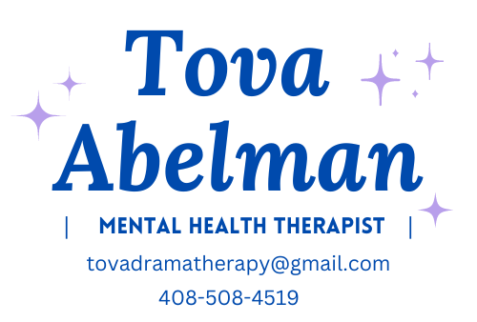
People often ask me what drama therapy is. I think the answer to that is a bit complex. There isn’t one way to practice drama therapy.
NADTA, the North American Drama Therapy Association, answers the question here
It’s a pretty good definition. I would add, or perhaps clarify, a few things, at least to further refine how I think of and use dramatic and improvisational processes in a self growth context:
- Being active does not have to entail getting up and moving around, although it certainly can. Discussing our experiences in creative and divergent ways can be drama therapy. Using imagination and visualization, while remaining seated, can be drama therapy. This is an important point because people have different ability levels. And also, sitting and being still can be extremely active, and challenging, experiences.
- I think a huge power of drama therapy is being able to explore intrapersonal relationships—different from interpersonal— which is how we relate to ourselves. I’m really big on healthy inner multiplicity and exploring inner parts of self/roles
- It’s not just feelings that are expressed: wants, needs, thoughts…many inner experiences can be concretized in drama therapy processes. To concretize is making the invisible visible in some way, such as through a verbalization, embodying a character/role/part of self, or in some way representing ‘unseen’ elements such as a felt quality in a relationship using some kind of physical representation. Scarves and social atoms (a tool from psychodrama) are examples of ways to concretize inner experience.
- I want to point out, within ‘drama and/or theater processes’ I include…IMPROV! Improv has huge potential to facilitate self growth, communication, embodiment, creativity, divergent thinking, and more.
I integrate other concepts and processes with drama therapy. I’m big on embodiment, which essentially is centering the role of the physical body in wellness and wellbeing, and that can be done in different ways. Cultivating creativity and flexibility are other important themes in my work with others to foster self growth, personal development, and insight.
